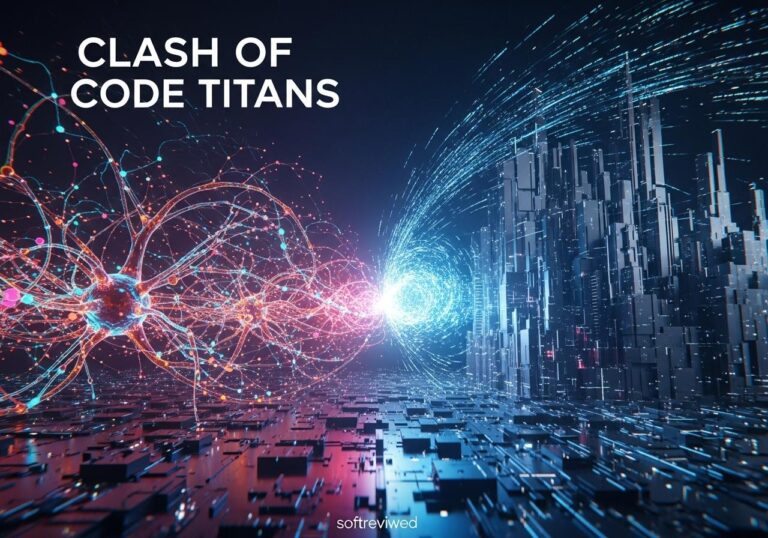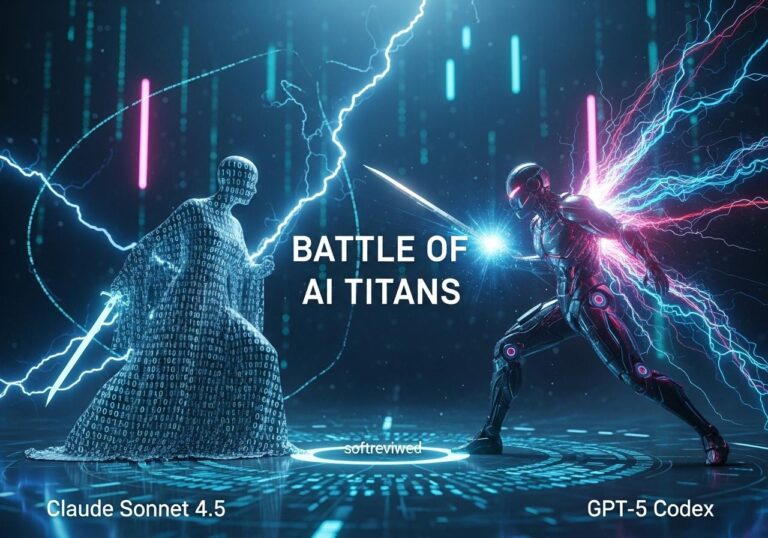India’s First AI Laboratory in Space
TakeMe2Space’s groundbreaking MOI-TD mission launches aboard ISRO’s PSLV C60 in mid-December 2024
AI Laboratory Launch
MOI-TD (My Orbital Infrastructure – Technology Demonstrator) set to revolutionize space-based data processing and research capabilities.
Real-Time Processing
Processes satellite data directly in orbit, significantly reducing latency and costs while delivering faster actionable insights.
Democratizing Space Research
Users can upload AI models through OrbitLab for environmental monitoring, deforestation tracking, and emissions detection.
Advanced Technology
Features AI accelerators, reaction wheels, magnetorquers, and flexible solar cells for next-generation space computing.
Research Partnerships
Established partnerships with Malaysian university and Indian schools, expanding participation in space research.
Future Data Centers
Paves the way for space-based data centers, promising cost-effective and environmentally sustainable computing solutions.
The Indian Space Research Organisation (ISRO) is poised to make history with its upcoming mission to launch India's first artificial intelligence (AI) laboratory into space. This groundbreaking initiative, set to launch aboard the Polar Satellite Launch Vehicle (PSLV-XL) rocket, marks a significant leap forward in India's space exploration capabilities and its commitment to pushing the boundaries of technology in orbit.
The Mission: MOI-TD
At the heart of this mission is the My Orbital Infrastructure – Technology Demonstrator (MOI-TD), developed by the Hyderabad-based space technology company TakeMe2Space. This innovative platform will serve as India's inaugural AI laboratory in space, designed to revolutionize space research by enabling real-time data processing directly in orbit.
The MOI-TD is not just a technological marvel; it represents a paradigm shift in how we approach space-based research and data analysis. By processing data in space, the platform addresses a significant challenge in satellite operations: the inefficiency of transmitting large amounts of data back to Earth for analysis.
Key Features and Capabilities
The MOI-TD platform boasts several cutting-edge technologies that set it apart:
AI Accelerators: These specialized processors are optimized for AI and machine learning tasks, allowing for rapid data analysis in space.
Flexible Solar Cells: Advanced power generation capabilities ensure the platform can operate efficiently in the harsh space environment.
Advanced Control Systems: These systems enable precise management of the platform's operations and resources.
The OrbitLab Interface

One of the most innovative aspects of the MOI-TD is its user interface, called OrbitLab. This web-based platform allows researchers and enthusiasts to interact directly with the satellite, uploading and deploying AI models for various applications. Some potential uses include:
- Environmental monitoring
- Deforestation detection
- Greenhouse gas emission tracking
This level of accessibility and flexibility is unprecedented in space-based research, potentially democratizing access to orbital experiments and data analysis.
Collaboration and Support
The development of the MOI-TD platform has been a collaborative effort, with significant support from the Indian National Space Promotion and Authorization Center (IN-SPACe) Technical Centre. This government agency has played a crucial role in promoting private sector participation in India's space sector, providing essential facilities for testing and validating the MOI-TD platform.
Impact on Earth Observation and Data Processing
Currently, up to 40% of satellite data can become unusable due to factors such as cloud cover, resulting in significant delays of up to weeks for processing. The MOI-TD platform directly addresses this challenge by enabling data processing in space, potentially revolutionizing how we handle and analyze vast amounts of data from Earth observation satellites.
Future Implications
The successful deployment of India's first AI laboratory in space could have far-reaching implications for the country's space program and the global space industry:
Enhanced Earth Observation: Real-time processing of Earth observation data could lead to more timely and accurate environmental monitoring, disaster response, and resource management.
Advancement in Space-Based Computing: This mission paves the way for the development of more sophisticated space-based data centers and computing platforms.
Democratization of Space Research: The OrbitLab interface could open up space-based research to a broader community of scientists, researchers, and even citizen scientists.
- Boost to India's Space Economy: Success in this mission could position India as a key player in the growing market for space-based AI and data processing services.
Challenges and Considerations
While the potential benefits are significant, launching and operating an AI laboratory in space comes with its own set of challenges:
- Power Management: Ensuring sufficient power for continuous AI processing in the space environment.
- Radiation Protection: Safeguarding sensitive AI hardware from the harsh radiation in space.
- Data Security: Protecting the integrity and confidentiality of data processed and transmitted in orbit.
- Scalability: Determining how to expand the capabilities of the platform for future missions and applications.
How Does India’s First AI Lab in Space Compare to Saudi Arabia’s $100 Billion AI Project?
India’s first AI lab in space marks a significant stride in technology, focusing on satellite imagery and data analysis. While this initiative is ambitious, it contrasts with Saudi Arabia’s $100 billion AI project, aiming to drive the saudi ai revolution. Each approach showcases unique investments in advancing artificial intelligence.
Looking Ahead
The launch of India's first AI laboratory in space, scheduled for December 4, 2024, represents a bold step forward in the country's space ambitions. As Ronak Kumar Samantray, founder and CEO of TakeMe2Space, stated, "MOI-TD will open up the space industry, particularly Earth observation, to millions of enthusiasts and researchers."
This mission not only demonstrates India's growing capabilities in space technology but also highlights the country's commitment to innovation and its potential to contribute significantly to the global space economy. As we look to the future, the success of this mission could mark the beginning of a new era in space-based research and data processing, with implications that extend far beyond India's borders.
As the countdown to launch begins, the eyes of the scientific community and space enthusiasts worldwide will be on ISRO and the MOI-TD platform, eagerly anticipating the new frontiers this mission will unlock in our understanding of Earth and the potential of AI in space.
MOI-TD Space AI Laboratory – Key Components
This chart illustrates the key technological components and their relative importance in India’s first AI laboratory in space, scheduled for launch in December 2024.







